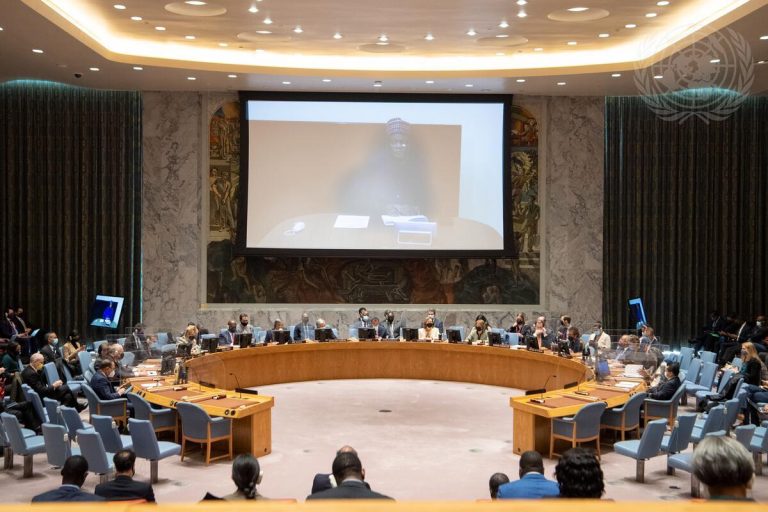
Mona Juul the Permanent Representative of Norway has expressed her regret that Russia vetoed a resolution on the threat that climate change is to international peace and security.
The Security Council, yesterday, rejected a draft resolution that would have integrated climate‑related security risk as a central component of United Nations conflict‑prevention strategies aiming to help counter the risk of conflict relapse.
In a recorded vote of 12 in favour to 2 against (India, Russian Federation), with 1 abstention (China), the Council — acting under Chapter VII of the Charter of the United Nations — rejected the draft owing to the negative vote by a permanent member of the Council.
Central component
Co‑sponsored by Niger (Council President for December) and Ireland, the draft would have requested the Secretary‑General to integrate climate-related security risk as a central component into comprehensive conflict-prevention strategies of the United Nations, to contribute to the reduction of the risk of conflict relapse due to adverse effects of climate change.
The vote followed an open debate of the Council on 9 December in which nearly 60 speakers warned that people and countries most vulnerable to climate change also are most vulnerable to terrorist recruitment and violence.
Norway regrets
Norwegian Ambassador Juul expressed her regret that the thematic resolution was not adopted, underscoring that, because the adverse effects of climate change matter to conflict and peace, they should matter to the Council. She said that his is not a problem for the future — climate change affects everyone, here and now. The climate and security agenda is, at its heart, preventative, and it aims to climate‑proof conflict prevention — not to take on the task of other United Nations organs.
Approach imposed by West
Russian Permanent Representative Vassily A. Nebanzia said that the Russian Federation, India and China do not share the approach imposed by Western States. Addressing the right of veto, he said the international community is deeply divided on climate, as was clear in Glasgow at COP26.